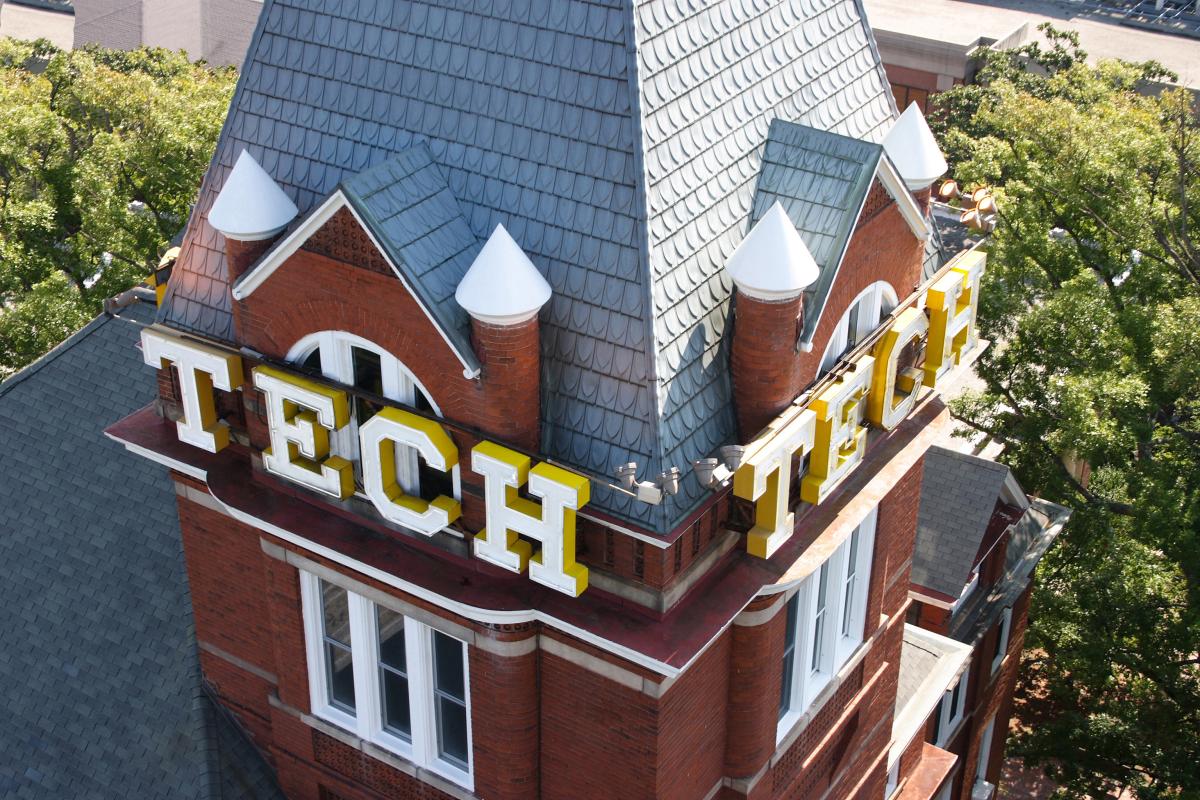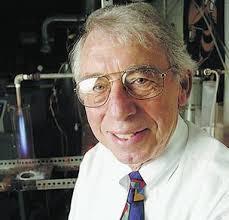
Named after AIAA’s founder, Dr. Sylvanius A. Reed, the award is considered to be the highest honor an individual can receive for notable achievement in aeronautics. With his selection as the 2014 recipient, Zinn joins a list of past Reed awardees that reads like a who’s-who of the field: Igor I. Sikorsky, Hugh L. Dryden, Charles S. Draper, Anatol Roshko, to name a few.
“I am humbled to be included among them. It’s more than I could have dreamed when I came to this country on a soccer scholarship in 1957,” Zinn said.
“I consider myself lucky to have worked with the faculty and students who have made Georgia Tech such a strong research institution. Every day, I wake up to work on the things I love with others who share that commitment.”
News of Zinn’s honor was trumpeted by his Georgia Tech colleagues, including Williams R. T. Oakes School Chair Dr. Vigor Yang.
“Professor Zinn’s contributions to the field and to this campus have always been at the heart of Aerospace Engineering’s success and stature. We are honored to have him as a colleague and very pleased that he continues to receive the recognition that he so richly deserves from the aeronautics community,” he said.
A member of the Georgia Tech faculty since 1965, Zinn is the recipient of numerous honors, including AIAA’s 2000 Pendray Literature Award, AIAA’s 2003 Air Breathing Propulsion Award, AIAA’s 1996 Propellants and Combustion Award, the 2005 American Society of Mechanical Engineers’ Westinghouse Gold Medal Award, and several others. He is a member of the National Academy of Engineering, a Fellow of the American Society of Mechanical Engineers, a Fellow of AIAA, and a Fellow of the American Accoustical Society. He is a Georgia Board of Regents Professor and also holds the David S. Lewis, Jr. Chair.
Georgia Tech recognized his numerous contributions to the field in 2006 when the Combustion Laboratory was renamed The Ben T. Zinn Combustion Laboratory.
Zinn’s research has focused mainly on the dynamics of flow, combustion and propulsion systems, and their active control. His current research program is supported by the Air Force, Navy, Army, the Department of Energy and industry, and includes investigations whose objectives are to improve the performance of helicopters’ gas turbines, rocket motors, low-emission gas turbines, and onboard ship incinerators. Each of these programs investigates the use of a specific control system to improve the performance of the process or system. For example, the Air Force and Department of Energy programs investigate the application of an active control system to eliminate detrimental combustion instabilities, which manifest themselves as large amplitude combustor pressure oscillations that often result in system and/or mission failure.
